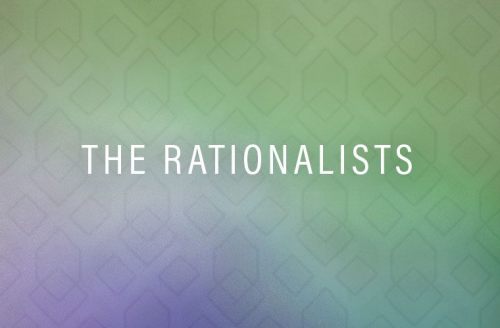Check out how to know when to break up, based on your Myers-Briggs personality type.

ISFJ: When you feel the relationship is unstable
ESFJ: When you’re working harder for it than they are
You’re incredibly giving, but that generosity is also your Achilles’ heel. You tend to work very hard to maintain relationships once committed, even if your partner isn’t reciprocating in equal measure. By the time you actually feel that your partner is devoting some effort, it may well be time to leave. At that point, the problem has probably been going on a long time.
ISTJ: When the trust is gone
ESTJ: When they’re holding you back

ESFP: When you can’t generate the excitement anymore
ISTP: When you’d rather be alone than be with your partner
ESTP: When you feel stifled
ISFP: When you feel controlled

ENFP: When your partner doesn’t support your dreams
INFP: When your desire for adventure is greater than the love
ENFJ: When you don’t feel appreciated
INFJ: When you don’t feel seen

INTJ: When you know you’re more invested
INTP: When you’re pretending to be happy
ENTP: When you’re dreaming of someone else
ENTJ: When you’re always frustrated with your partner
Sign Up for Our Daily Newsletter
Get all the latest in wellness, trends, food, fitness, beauty, and more delivered right to your inbox.
Got it, you've been added to our email list.








